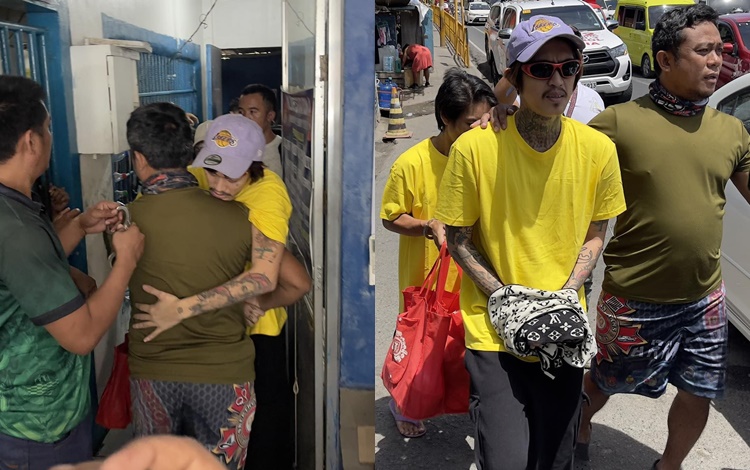The recent headlines have been abuzz with the news of rapper Jed Andrew Salera, better known as Range 999, making a transition from the glitz and glamour of the music scene to the confines of Cebu City Jail. This abrupt shift stems from a tragic incident that unfolded outside a bar in Barangay Lahug, Cebu City, where Salera allegedly shot and fatally wounded 37-year-old American national Michael George Richey.

Originally filed as a case of frustrated murder by the Mabolo Police Station, the charges against Salera were swiftly amended to murder following Richey’s unfortunate demise. The incident, which occurred on March 17, 2024, saw Richey succumb to gunshot wounds sustained in his shoulder and thigh. Despite efforts to save him, Richey passed away on March 19, 2024, triggering a shift in the legal proceedings against Salera.
Major Romeo Caacoy, head of the Mabolo Police Station, clarified the progression of the case, emphasizing the amendment from frustrated murder to murder in light of Richey’s death. Amidst legal proceedings, Salera’s defense attempted to contest his detention, alleging a violation of regulatory procedures. However, Caacoy refuted these claims, asserting that the investigation was diligently conducted within legal bounds.
Furthermore, footage from CCTV cameras implicated another individual, seen kicking Richey during the altercation, shedding light on the complex circumstances surrounding the incident. However, the focus remains on Salera, who now faces the gravity of a murder charge, altering his trajectory from a celebrated rapper to a defendant in a high-profile case.
Salera’s assertion that he shot Richey in response to perceived disrespect towards his female companions adds a layer of complexity to the narrative. While motives are subject to legal scrutiny, the incident underscores the volatile nature of altercations and the irreversible consequences they can entail.

As Salera awaits the outcome of legal proceedings, his transfer to Cebu City Jail symbolizes a stark departure from his previous persona as a musical artist. Beyond the confines of fame and recognition, he now confronts the realities of the justice system, grappling with the repercussions of his actions.
In conclusion, the transfer of Range 999 to Cebu City Jail marks a significant chapter in his life, punctuated by legal proceedings and the weight of a murder charge. As the case unfolds, it serves as a sobering reminder of the complexities inherent in human interactions and the profound impact of split-second decisions.
